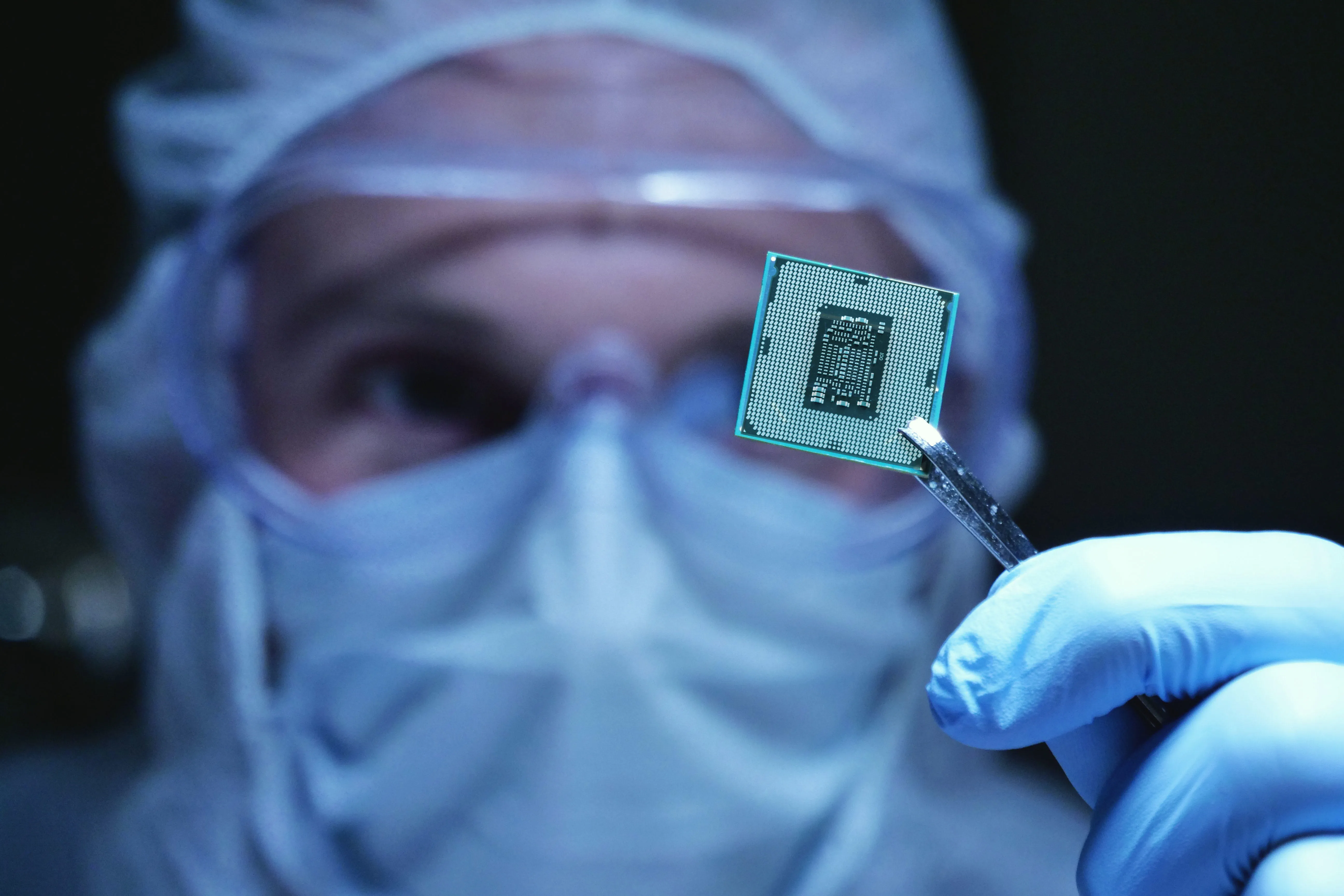The Department of Surgical & Interventional Engineering is new to the School of Biomedical Engineering and Imaging Sciences. Our mission is to bring together engineering and clinical experts to develop new surgical and interventional technologies for a wide range of clinical applications with a focus on combining diagnostic information to support image-guidance during procedures.
At the School of Biomedical Engineering & Imaging Sciences, we are proud to have unique partnerships between education, healthcare and industry. This way we are better poised to identify key needs in our healthcare systems and swiftly address them, ensuring that our innovations go from bench-to-bedside in a reduced timeframe. Through our unique infrastructure and research facilities, embedded in one of the UK’s most research active NHS Foundation trusts, we are in a powerful position to deliver on our mission of engineering better health.
Professor Sebastien Ourselin FREng, Head of School, Biomedical Engineering & Imaging Sciences
SIE Validation Suite
The SIE Validation Suite is a unique combination of an Integration Room, a versatile laboratory space where researchers can setup complex novel medical systems into fully integrated platforms, and an Intervention Room, a state-of-the-art simulated operative theatre where the technology can be deployed and tested on post-mortem models in a realistic surgical environment. The OR is fully shielded to allow use of mobile CT arms and lasers and equipped with large-value and specialised equipment for a number of surgical applications. The Suite can also be used for surgical training and features a Control Room with an AV system allowing recording of camera feeds within the OR and live streaming to the adjacent seminar room.

Hardware Development Workshop
The largest workshop in the SIE facility is the hardware development workshop, which is a general-purpose workshop allowing researchers and students to build their experimental rigs. It has several general-use workbenches for the researchers to produce their parts. Most research hardware is assembled here for production of surgical robots, sensors, implantable devices, phantoms and components for ultrasound and optical imaging systems. There are also facilities for manufacturing some of the parts inside the workshop. The room is also equipped with a water purifying system, a soldering station, a resin SLA 3D printer, digital microscope, two recirculatory fume hoods and equipment to make resin, silicones and other parts that require the use of high-precision scales, mixers, vacuum pump and chamber.

Manufacture of Active Implants and Surgical Instruments
MAISI is a national facility for the Manufacture of Active Implants and Surgical Instruments, located at St Thomas’ MedTech Hub. We aim to streamline the clinical translation of healthcare engineering research and address the lack of specialised and regulated manufacturing facilities within healthcare settings.
Our CDT in Surgical & Interventional Engineering is an innovative three-and-a-half year program in the heart of London. We bring together a world-class multidisciplinary team to deliver translational research and transform patient pathways. Learn more about the SIECDT.